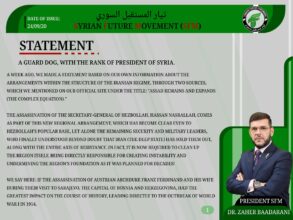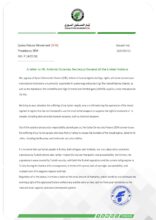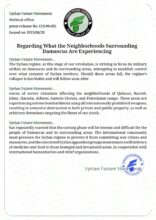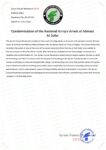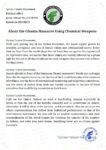Statement regarding the escalation in Northwest Syria
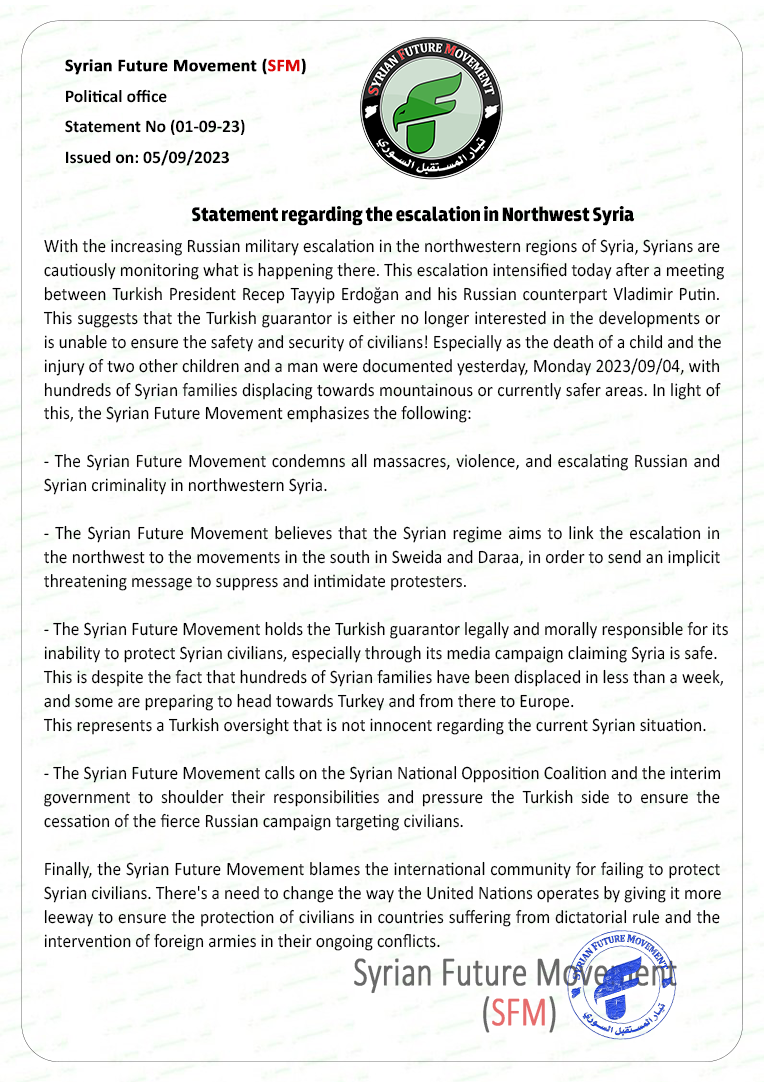
With the increasing Russian military escalation in the northwestern regions of Syria, Syrians are cautiously monitoring what is happening there. This escalation intensified today after a meeting between Turkish President Recep Tayyip Erdoğan and his Russian counterpart Vladimir Putin. This suggests that the Turkish guarantor is either no longer interested in the developments or is unable to ensure the safety and security of civilians! Especially as the death of a child and the injury of two other children and a man were documented yesterday, Monday 2023/09/04, with hundreds of Syrian families displacing towards mountainous or currently safer areas. In light of this, the Syrian Future Movement emphasizes the following:
- The Syrian Future Movement condemns all massacres, violence, and escalating Russian and Syrian criminality in northwestern Syria.
- The Syrian Future Movement believes that the Syrian regime aims to link the escalation in the northwest to the movements in the south in Sweida and Daraa, in order to send an implicit threatening message to suppress and intimidate protesters.
- The Syrian Future Movement holds the Turkish guarantor legally and morally responsible for its inability to protect Syrian civilians, especially through its media campaign claiming Syria is safe.
This is despite the fact that hundreds of Syrian families have been displaced in less than a week, and some are preparing to head towards Turkey and from there to Europe.
This represents a Turkish oversight that is not innocent regarding the current Syrian situation. - The Syrian Future Movement calls on the Syrian National Opposition Coalition and the interim government to shoulder their responsibilities and pressure the Turkish side to ensure the cessation of the fierce Russian campaign targeting civilians.
Finally, the Syrian Future Movement blames the international community for failing to protect Syrian civilians. There’s a need to change the way the United Nations operates by giving it more leeway to ensure the protection of civilians in countries suffering from dictatorial rule and the intervention of foreign armies in their ongoing conflicts.
